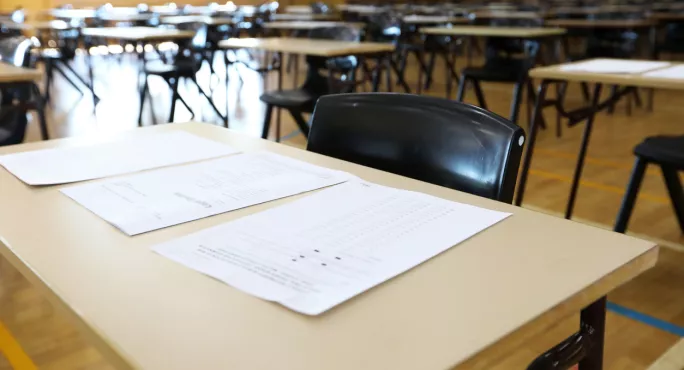Schools should report which A level exam topics they have been unable to cover during the pandemic to give an idea of which learning is not reflected in students’ grades assigned this summer, the government and exam regulator have been told.
This will allow universities to tailor support for new students according to what they have missed, according to the Russell Group.
The group, which represents 24 leading UK universities, made the comments in response to the joint Department for Education and Ofqual consultation on how GCSE and A-level results will be decided this summer.
In full: GCSE and A level 2021 Ofqual and DfE proposals
Exclusive: GCSEs 2021 - Teachers split on Ofqual plans
Exams: Ofqual and DfE plan ‘unworkable’, say heads
“Additional contextual information from schools around the subject content that has not been covered, and therefore does not form part of the grade awarded, will also be important to enable universities to have appropriate measures in place to support students,” it wrote.
“We would welcome further information from DfE on how such information can be captured and provided to universities in a timely manner.”
The group added: “This is needed to enable universities to put appropriate measures in place to support students, for example, building additional learning opportunities and academic support into the onboarding process.
“This will be particularly important for students who have experienced a significant amount of lost learning.”
Headteachers said they would be happy to talk to universities about providing such information “in a way that is manageable.”
Geoff Barton, General Secretary of the Association of School and College Leaders, said: “We would be very happy to talk to the Russell Group and the wider university sector about the idea of providing information on subject content not covered, and how this might be done in a way that is manageable.
Everybody wants to ensure that students are given as much support as possible in these very difficult circumstances.”
The group also called for “urgent clarity on what the grade distribution is likely to be this year”.
“Given that grade inflation will have implications for universities’ admissions and, in some cases, course capacity, we would welcome engagement with DfE and Ofqual to consider the additional support universities might require in order to navigate admissions this year,” it said.
“This would be especially important in the event of substantial grade inflation and subsequent pressures on capacity.”
A DfE spokesperson said: “Fairness to young people has been and will continue to be fundamental to every decision we take on these issues. We know how important this is to teachers, parents and students, which is why we have made sure everyone is able to have their say in our exams consultation.
“The consultation closed with over 100,000 responses, making it the department’s largest ever. We are working closely with the sector and Ofqual to take all these views into account and make sure young people can receive a grade that reflects their hard work and enables them to progress.”
In response to the group’s comments, Ofqual pointed to a blog from interim chief regulator Simon Lebus stating that “there won’t be the same checks and balances in the system this year, and it is likely to be the case that overall outcomes this year will look different from 2020 and previous years”.
